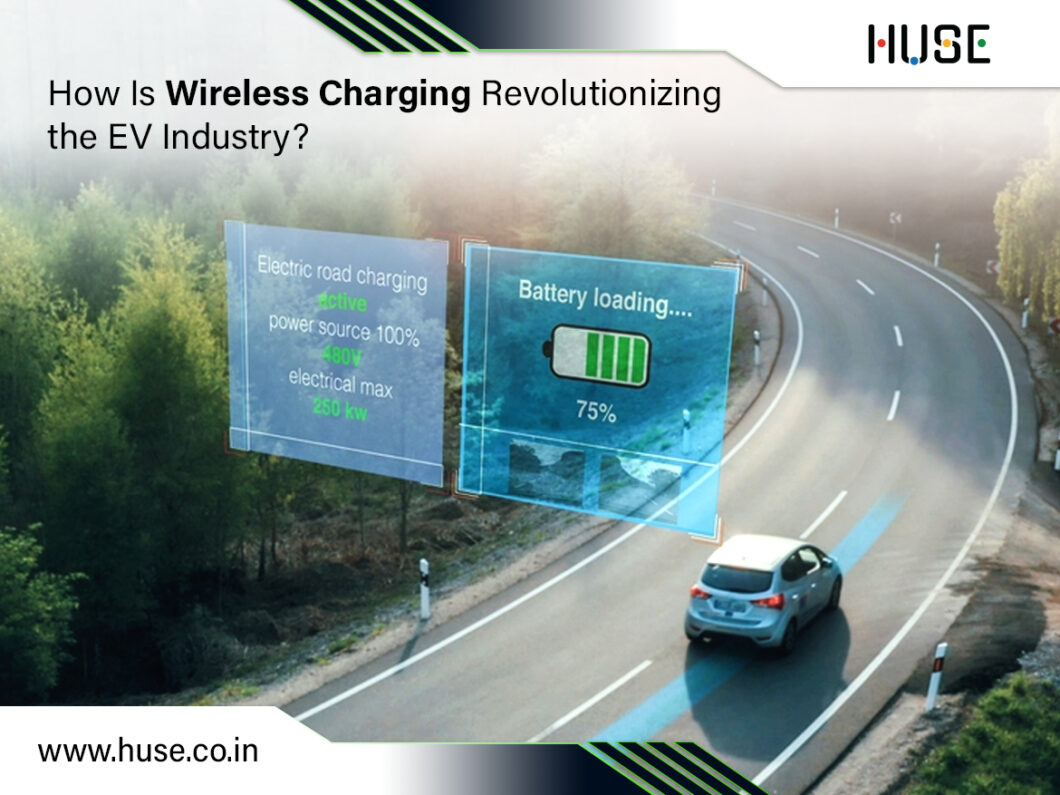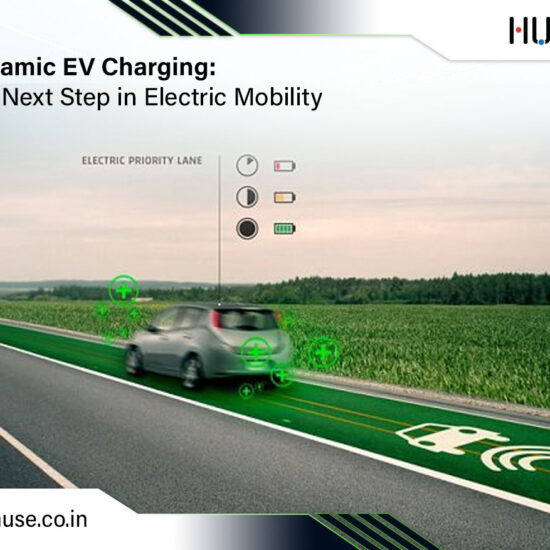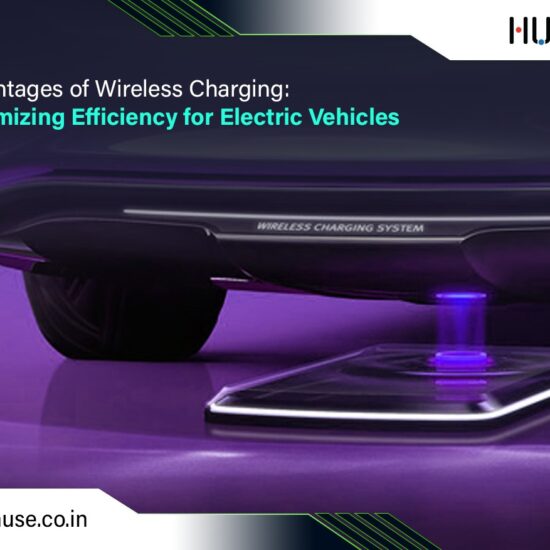Technology is driving fast industrial change in the electric vehicle (EV) industry, which is seeing yearly exponential growth in EV sales worldwide.
Wireless charging is the most advanced technological advancement and has the potential to be a game-changer. However, developing a solid charging infrastructure remains a significant challenge.
A wireless charging system eliminates the need for cords and plugs by transferring electricity using magnetic induction between two coils, one integrated underneath the vehicle chassis and transmitters wirelessly charging the vehicle which are installed underneath the surface of the road at a depths of 100mm or over static parking spots in residencies and charging stations.
With its game-changing capabilities, this innovative technology promises to revolutionize the electric vehicle ownership experience while providing immense ease.
This article will discuss how wireless charging can change and impact the EV industry.
How Does A Wireless EV Charger Function?
The wireless EV charging system comprises two major components:
- Transmitter
The transmitter are one of the first essential components of a wireless EV charging system; they can be can be positioned on static parking spots or in most cases installed underneath the surface of the road/asphalt at a depth of 80-100 mm. These pads contain insulated copper transmitter coils that produce an oscillating magnetic field when power flows through them.
- Receiver Coil
The receiver coil, located beneath the electric vehicle, captures the magnetic field generated by the charging pad and converts it into an electric current to recharge the battery. For efficient power transfer, both coils must be properly aligned and positioned at an optimal distance, as this enables effective electromagnetic induction (EMI).
The working principle relies on alternating current (AC) flowing through the coils, which creates a changing magnetic field that induces an electric current in the receiver coil, powering the vehicle’s battery.
As a result, the driver only needs to park the car over the wireless EV charging station; the rest happens seamlessly, with no wires or plugging required.
Advantages Of Wireless EV Charging
The introduction of wireless vehicle charging gives various benefits to the industry:
- Exceptional Convenience
EV charging stations eliminate the need for drivers to plug in their vehicles, offering unmatched physical convenience. This ease of use has the potential to inspire more people to use electric cars.
- Lower Downtime
Fleets and public transportation systems can enhance operating efficiency by recharging during pauses or while moving.
- Sustainability Boost
A smaller carbon footprint from battery manufacturing is possible with dynamic charging over
wireless highways, which can lessen the need for massive batteries.
- Better Safety
Eliminating exposed wires and connectors reduces the potential for damage from weathering or general wear and tear.
Challenges to Address for Large-Scale Adoption
Though promising, wireless charging in the EV industry faces several infrastructure and
technological hurdles that must be overcome before becoming ubiquitous.
- High Costs: Currently, charging pads and car receivers are more expensive. Cost savings can be achieved by mass manufacturing.
- Infrastructure Gaps: There has to be strong regulatory backing and substantial initial investment to develop public charging networks that are both efficient and equipped with enough pads.
A Brighter Future For The EV Industry
The advent of wireless charging represents more than simply technical progress; it heralds a greener, more sustainable future.
With the possibility of wireless charging roads that allow for uninterrupted driving or wireless EV charging stations in metropolitan centers, this technology could revolutionize the EV industry.
The EV industry has a bright future ahead of it, one that is wireless, vibrant, and full of opportunities.
End Note
As wireless charging continues to evolve, it holds the promise of redefining the EV industry by offering convenience, efficiency, and sustainability.
At HUSE, we are committed to driving innovation in the EV industry through cutting-edge solutions like wireless charging. Our focus is on simplifying the EV ownership experience while promoting sustainable and efficient technologies. To learn more about how this technology can impact the EV ecosystem, visit our website.





